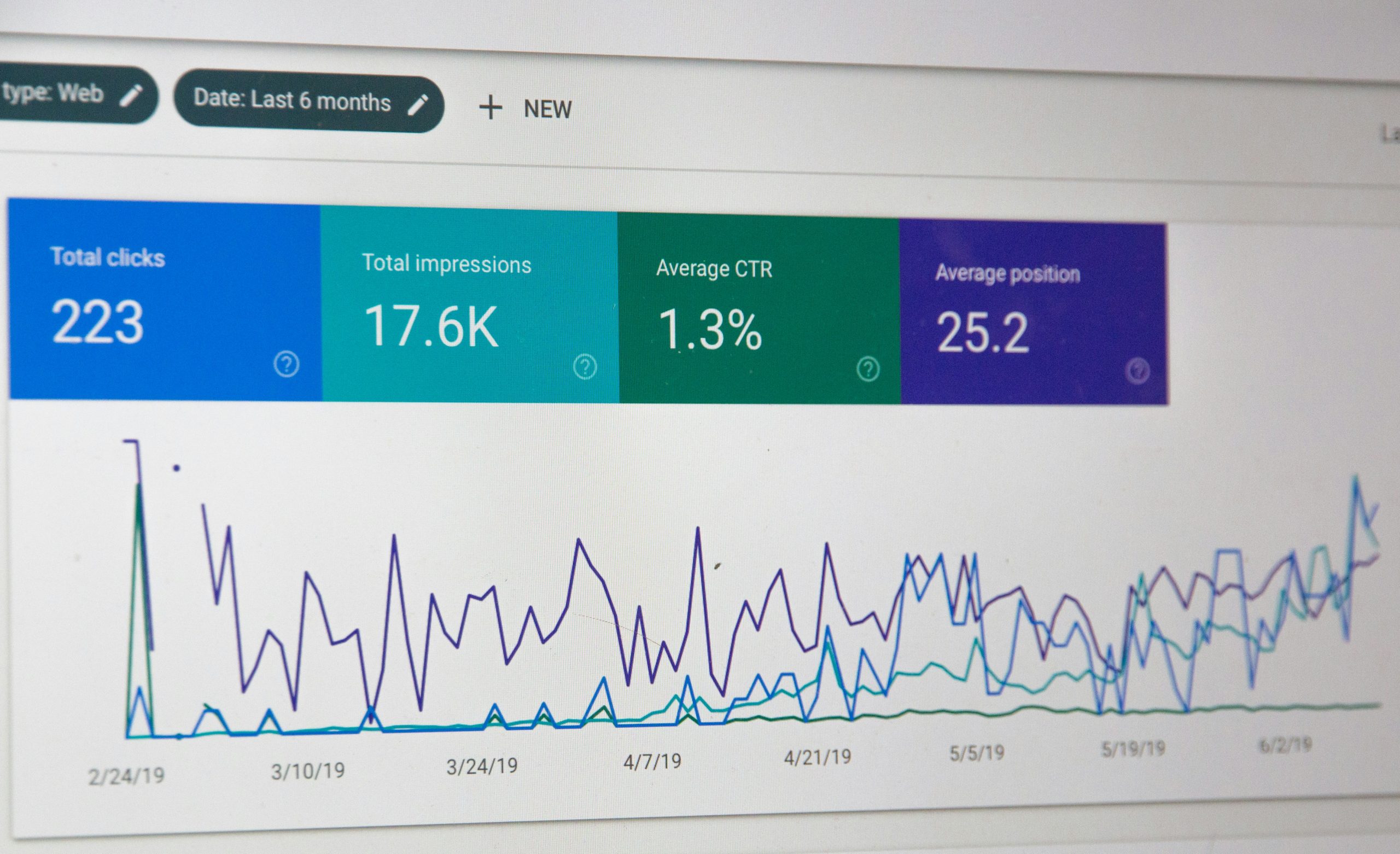Keywords are the compass of the digital world, guiding both content creators and search engines alike through the vast landscape of information. In this fast-paced era of online marketing, mastering the art of keyword research can be the difference between obscurity and success. Enter Ahrefs – a powerful tool that unlocks the secrets of search engine optimization and helps you navigate towards your digital goals with precision. Imagine having a treasure map at your fingertips, revealing hidden gems of keywords that hold the key to unlocking untapped potential in your online presence. Join us on this journey as we delve into the intricate world of keyword discovery using Ahrefs, and discover how you can harness its capabilities to propel your content to new heights in the ever-evolving realm of digital marketing.
Understanding Ahrefs tool
Understanding Ahrefs tool is essential for maximizing your SEO strategy. With its vast database and comprehensive features, Ahrefs provides valuable insights into keywords, backlinks, and competitor analysis. By leveraging Ahrefs to explore keyword opportunities, you can identify high-volume search terms with low competition, giving you a competitive edge in organic search rankings.
Furthermore, Ahrefs simplifies the process of keyword research by providing data-driven suggestions and metrics like keyword difficulty and search volume. This allows you to make informed decisions about which keywords to target based on their potential impact on your website’s visibility. In addition, Ahrefs’ site explorer tool enables you to spy on your competitors’ strategies, helping you uncover new keyword opportunities and bridge any gaps in your own content strategy. By mastering the nuances of this powerful tool, you can unlock the full potential of your SEO efforts and stay ahead of the curve in the ever-evolving digital landscape.

Using keyword explorer feature
When it comes to keyword research, the Keyword Explorer feature in Ahrefs is a game-changer. This tool provides comprehensive data on search volume, keyword difficulty, and even SERP features. By utilizing the Keyword Explorer feature, you can uncover valuable long-tail keywords that have lower competition but still high search volumes, allowing you to target specific niches effectively.
Moreover, the Questions report within the Keyword Explorer helps you understand what users are searching for in the form of queries. This insight enables you to create content that directly addresses these questions and positions your website as a valuable resource. Leveraging this feature not only improves your SEO strategy but also enhances user experience by providing relevant and targeted content.
Analyzing keyword metrics
When analyzing keyword metrics, it’s crucial to look beyond search volume and focus on other key factors such as keyword difficulty, click-through rate (CTR), and SERP features. Keyword difficulty gives you an idea of how hard it is to rank for a specific keyword, helping you prioritize your efforts effectively. Additionally, paying attention to the CTR can provide valuable insights into user behavior and preferences, allowing you to tailor your content strategy accordingly.
Moreover, understanding the SERP features that appear for a particular keyword can guide your content creation process. For example, if a keyword triggers featured snippets or image carousels in search results, optimizing your content for these elements can increase visibility and drive more traffic. By diving deep into these metrics and utilizing tools like Ahrefs to gain comprehensive insights into keywords, you can develop a data-driven approach that maximizes the impact of your SEO efforts.

Finding keyword gaps
One effective strategy for optimizing your keyword research is identifying keyword gaps. These are search terms that your competitors are ranking for, but you are not. By filling these gaps, you can increase your visibility and attract more organic traffic to your website. To find these keyword opportunities, use tools like Ahrefs to analyze competitor keywords and identify areas where you can improve.
Additionally, consider exploring related keywords and long-tail variations of your primary keywords. These less competitive terms can provide valuable opportunities to rank higher in search results and target specific niches within your industry. By consistently monitoring keyword trends and adapting your content strategy accordingly, you can stay ahead of the competition and drive more targeted traffic to your site.
Competitor analysis with Ahrefs
When it comes to competitor analysis with Ahrefs, the platform offers a plethora of powerful tools to delve deep into your competitors’ strategies. One notable feature is the competitive analysis tool that allows you to compare your site’s performance with that of your competitors. By analyzing their organic search traffic, backlink profiles, and top-performing keywords, you can gain valuable insights into their SEO tactics and identify opportunities for improvement.
Additionally, Ahrefs provides a domain comparison tool that enables you to directly pit your website against competitors in terms of various crucial metrics like domain authority and referring domains. This level of detailed analysis can help you understand where you stand in relation to your industry rivals and strategize accordingly. Leveraging this information can give you a competitive edge by pinpointing areas where you can outperform them and optimize your keyword targeting based on their successful strategies.

Conclusion: Importance of strategic keyword research
In conclusion, strategic keyword research is the cornerstone of a successful digital marketing strategy. By taking the time to identify and target relevant keywords, businesses can increase their online visibility, attract more traffic to their websites, and ultimately drive conversions. Understanding the intent behind specific keywords allows marketers to create content that resonates with their target audience, leading to higher engagement rates and improved search engine rankings.
Moreover, conducting thorough keyword research enables businesses to stay ahead of the competition and adapt to changing market trends. By monitoring keyword performance and constantly refining their strategy, companies can ensure that they remain visible in an increasingly crowded online landscape. In essence, strategic keyword research is not just about finding words or phrases with high search volumes; it is about understanding your audience’s needs and crafting valuable content that meets those needs effectively.
